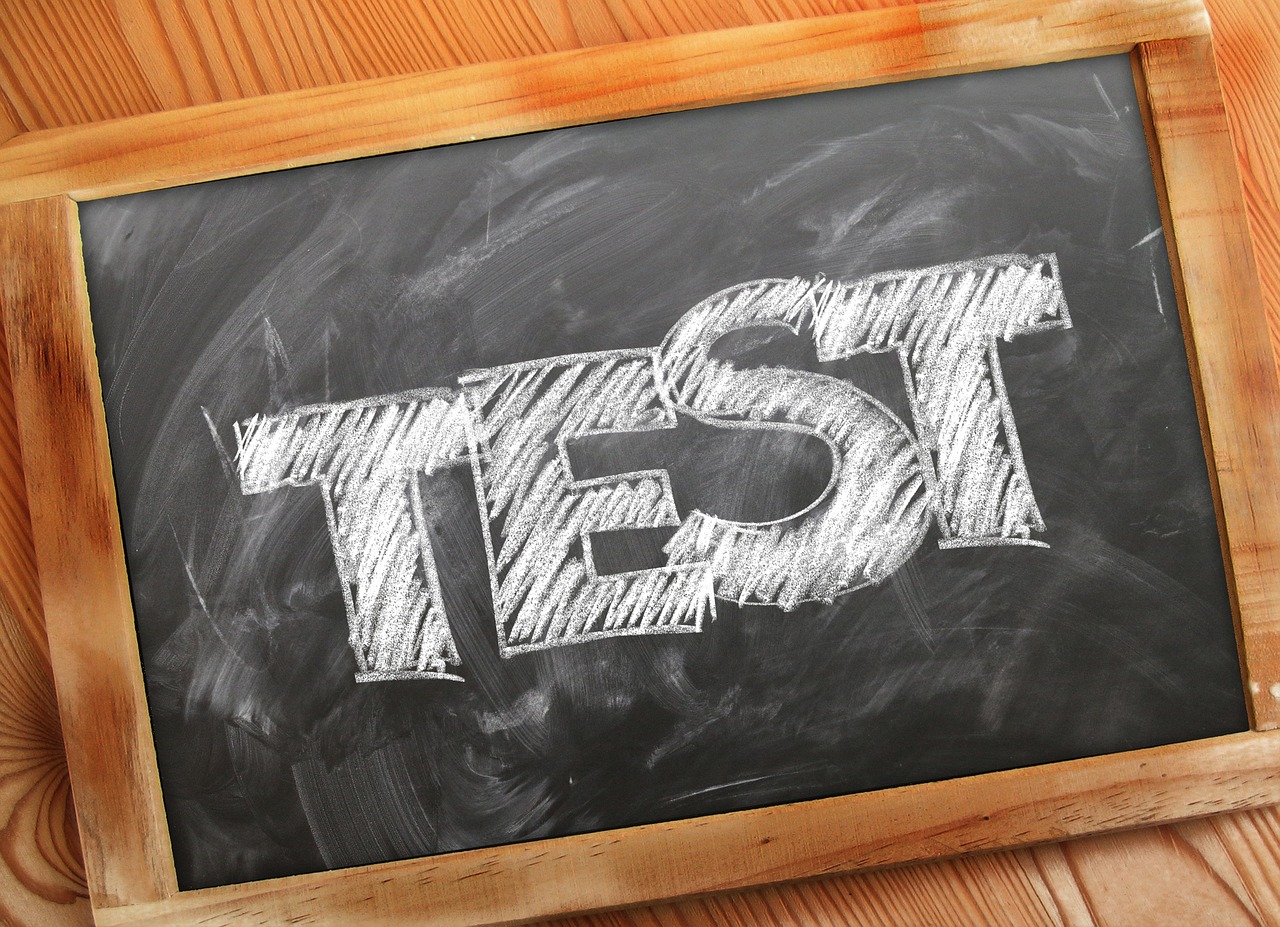Question 1: What’s most important: the germplasm, the traits or the seed treatment?
Answer: if you figured out that this is a trick question, you’d be right. Though most growers default to saying the germplasm is the most important, the germplasm can only live up to its potential if it is protected by effective biotech traits and seed treatment. The three components function seamlessly together (and, for that reason, are pre-applied to every bag of Bayer corn seed sold). Ultimately, whether it be a biotech trait that takes care of corn rootworm, corn borer or corn earworm; a fungicide seed treatment that ensures plants don’t die prematurely from a fungal pathogen like pythium or fusarium; or a nematicide seed treatment – specifically our new Acceleron N314 that’s rolling out this spring – to keep microscopic roundworms from sucking plants to death, it’s pretty much impossible to separate yield delivered by a corn seed’s germplasm from the yield protected by that seed’s traits and seed treatment.
Question 2: What are the key parts to an effective seed treatment?
Answer: If you’re like almost anyone, your answer will have started with “insecticide and fungicide”. Right and right – those are two critical components, but just the start. Biologicals are an increasing opportunity to support early plant vigour. Expect this aspect of seed treatments to really take off in the coming years. Nematicides are component four. Extensive trials show that our Acceleron N314 nematicide, a part of our latest corn seed treatment and seamlessly integrated into corn sold under the Bayer Brands banners, consistently delivers yield protection across trial acres.
Question 3: What is the likelihood that nematodes are lurking in my fields?
Answer: 100%. Nematodes – microscopic roundworms – are ubiquitous to all soil. Whether the nematodes in your soil are spreading pathogens and / or impacting crop yield by feeding on corn roots depends on the specific species of nematodes and their populations. While I can’t answer exactly what’s in your soil without a soil test, here’s what I do know: since combining Acceleron N314 nematicide to our seed treatment package, we’ve seen a consistent 4.8 bushel yield increase across our more than 100 trial sites spread across the US and Canada. The yield boost from Acceleron N-314 is in addition to the already realized gains that the Acceleron corn seed treatment platform delivers. Together, these yield promoting and yield protecting components provide the very best opportunity for our germplasm to meet its potential.
Question 4: If nematodes are everywhere, why aren’t we talking more about them?
Answer: Great question. There’s a lot of awareness of nematodes in soybeans and cotton, but there’s not a lot of awareness in corn. I think it’s a question of very much out of sight, out of mind for producers. At this point, it’s almost like the tail wagging the dog: it’s not growers asking for the addition of a nematicide to their seed treatment, it’s us as a company recognizing the need. Most growers aren’t going to base their corn seed product decisions on our addition of a nematicide. But that doesn’t mean it’s not an extremely critical part of protecting that germplasm investment.
We’re proud to be a frontrunner in terms of delivering a nematicide product that works. We’ve seen some of our competitors come out with nematicides that maybe didn’t have as much research, weren’t as effective, or had issues at application. Acceleron N314 nematicide seed treatment is the first seed treatment nematicide in corn with two modes of action and that really does what growers need it to do.












